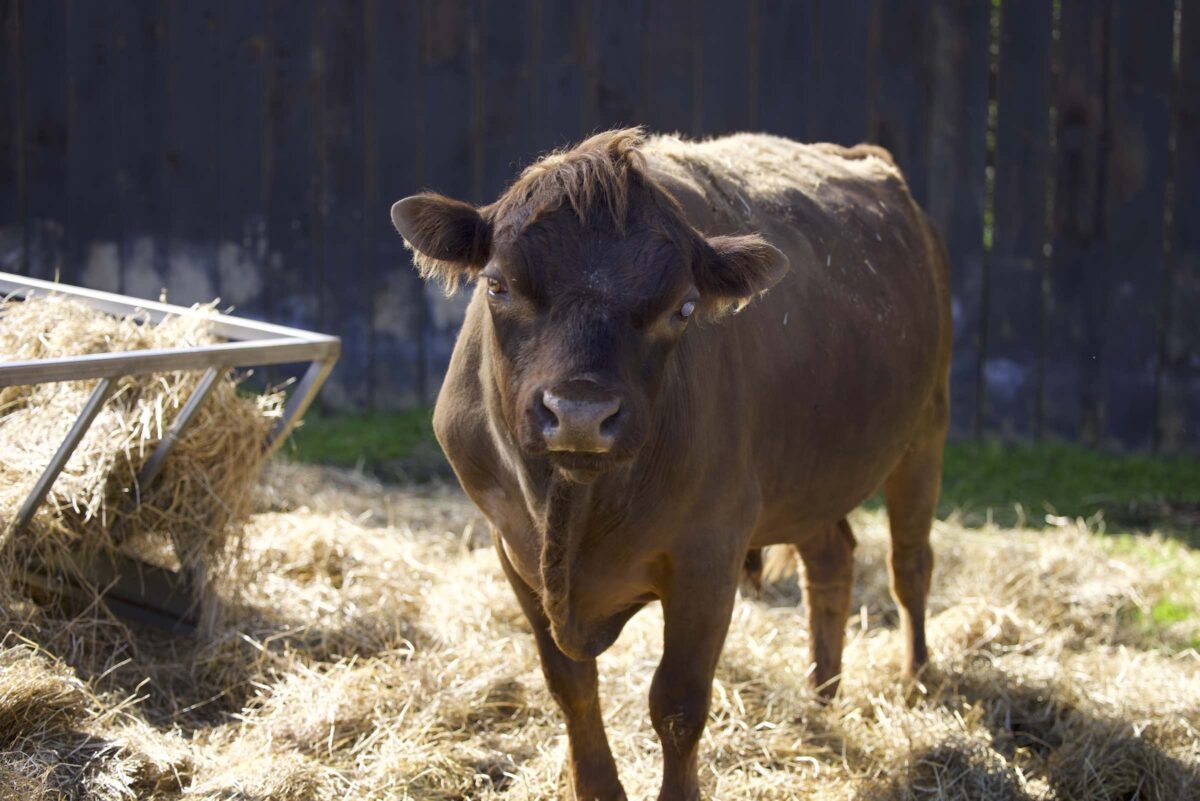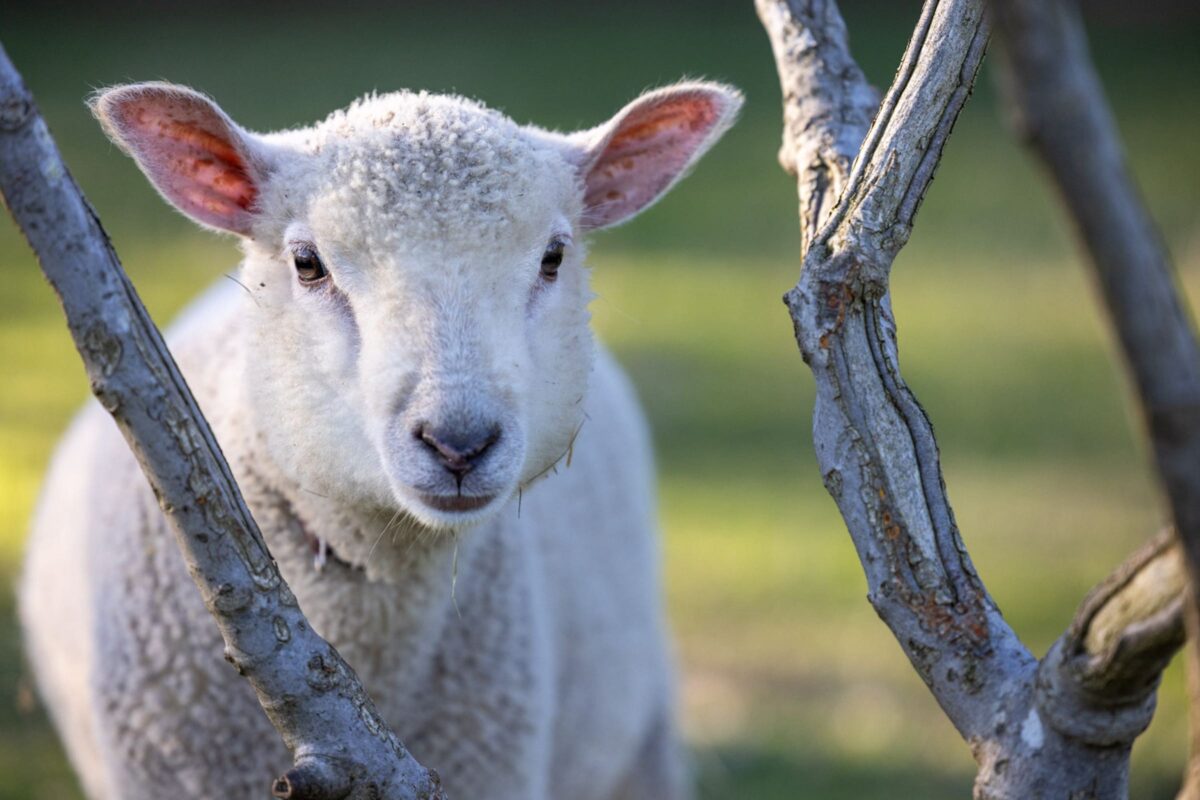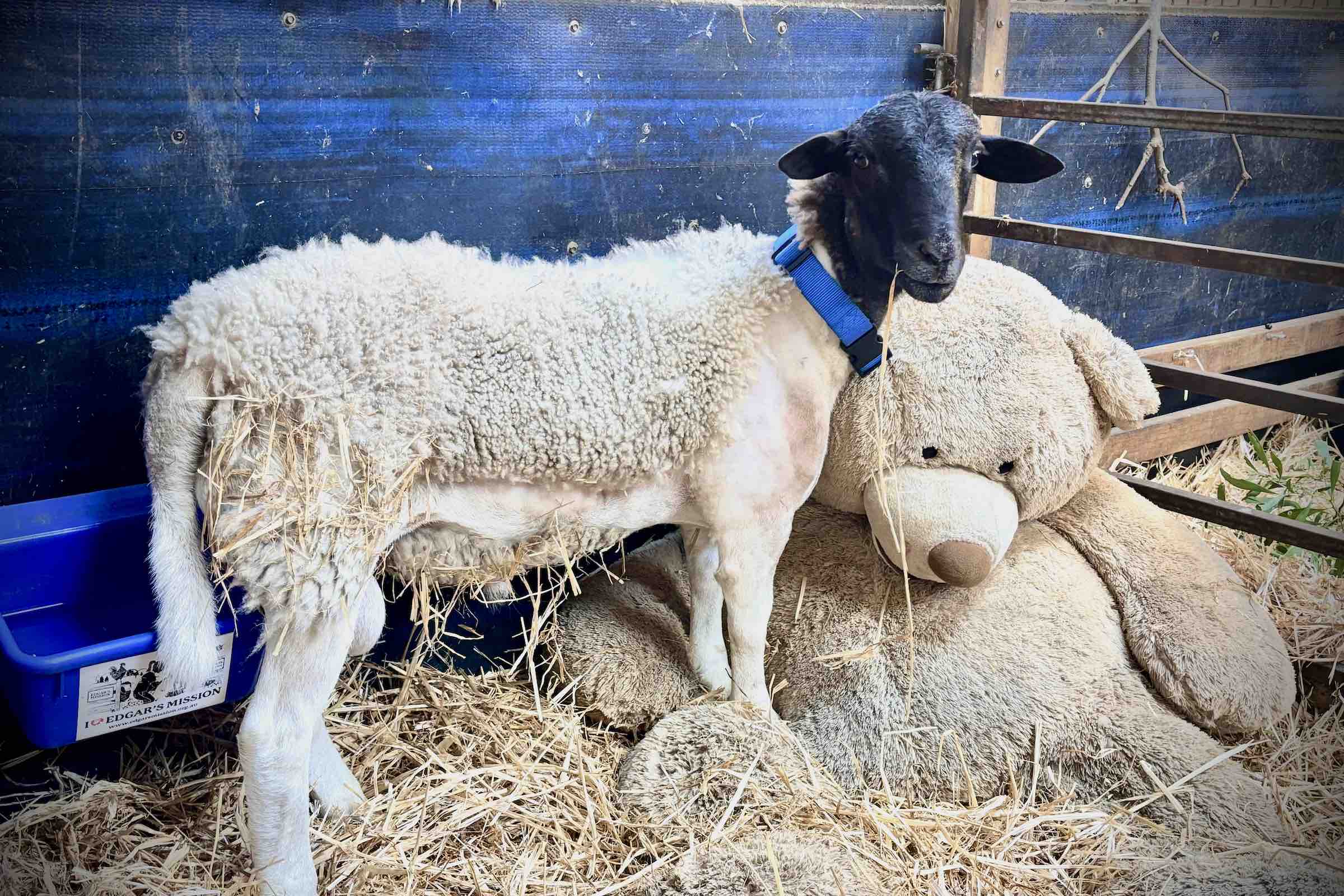
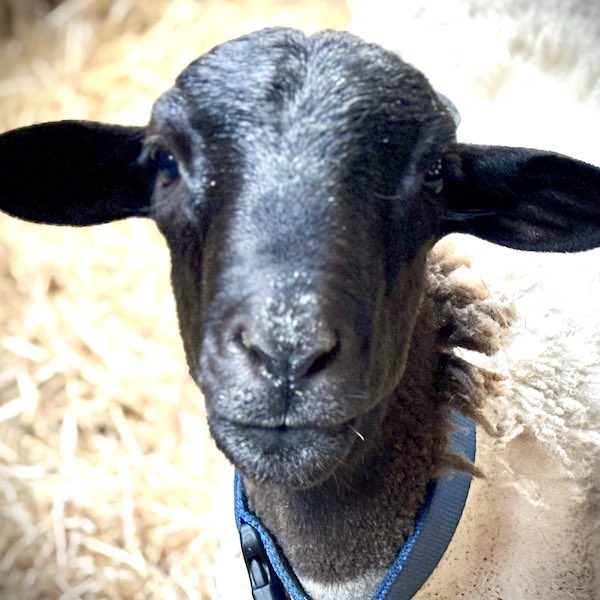

Dorper Sheep
Holocaust survivor Viktor Frankl wrote, “Somewhere between stimulus and response there is space. In that space is our power to choose our response. In our response lies our growth and our freedom.”
Holocaust survivor Viktor Frankl wrote, “Somewhere between stimulus and response there is space. In that space is our power to choose our response. In our response lies our growth and our freedom.”
And through countless rescues, we’ve found something else sits in that space—the power to save a life. This is the story of one of those lives. Sherman. A young black and white Dorper wether who cheated death not once, but twice. First, when he slipped through the grasp of the farming system. The one that reduces innocent beings to pounds of flesh. Some say a “livestock” truck had rolled not far from the park—all sheep were accounted for. But perhaps, all were not.
The second time came as Sherman survived by his wits in the National Park into which he had fled.
Here’s where we pick up his incredible story.
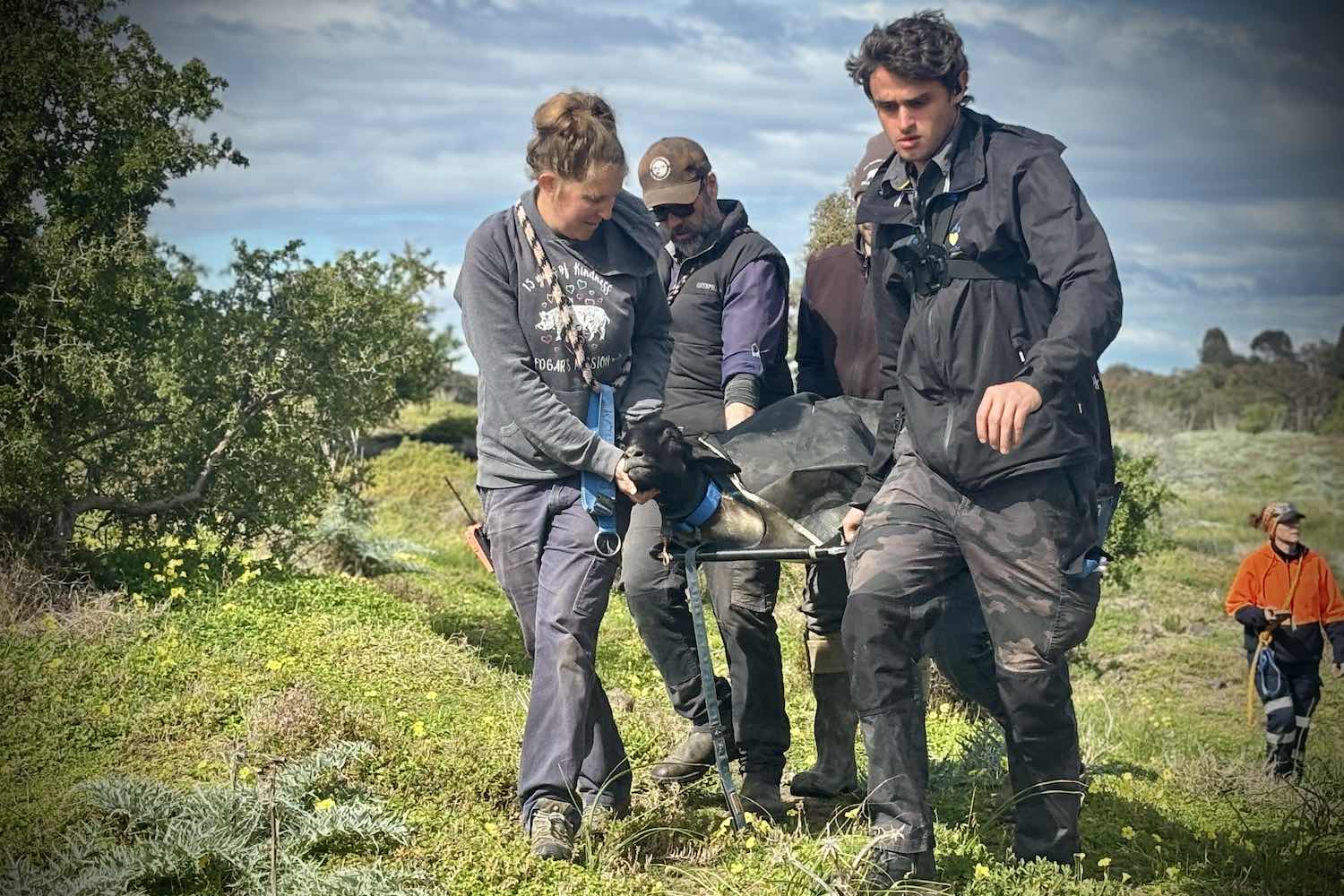
Sherman, or Sherm as he has affectionately become known, was first spotted by a kind bushwalker and his sharp-eyed dog, who mistook him for a strange-looking kangaroo. And for a time, the kangaroos were his companions, but Sherm was always on edge, as a lone prey animal always would. Over time, he grew accustomed to certain sights and sounds, such as the big birds that roared overhead and spewed their fumes, landing a stone’s throw away at the Melbourne airport, the cars rushing by, and the odd figures in the distance.
And so he mentally mapped his area as any true survivor would. He knew every escape route as well as his favorite haunts; his preferred trees, the creekside track, where the grass grew best and where it did not and even the disused quarry he wisely avoided.
Our first rescue attempt failed, but true to that old adage, we tried again. This time our plan was perfect. We’d scoped the area over many days and just like Sherm, we charted a map, though not as clever as he, we had to write it down.
And so, with a plan, a map and the assistance of the kind hearts and hands of our good friends at Vets for Compassion, a posse of park rangers, our fleet-of-foot runners, and good old Kansas at the lead, this time our efforts paid off.
Quick, seamless and bittersweet, for though Sherm had carved out a place among the gum trees, kangaroos and in the life of the bushwalker and his dear dog, solitude is no life for a flock animal and a national park is no place for a hard-hooved introduced wanderer.
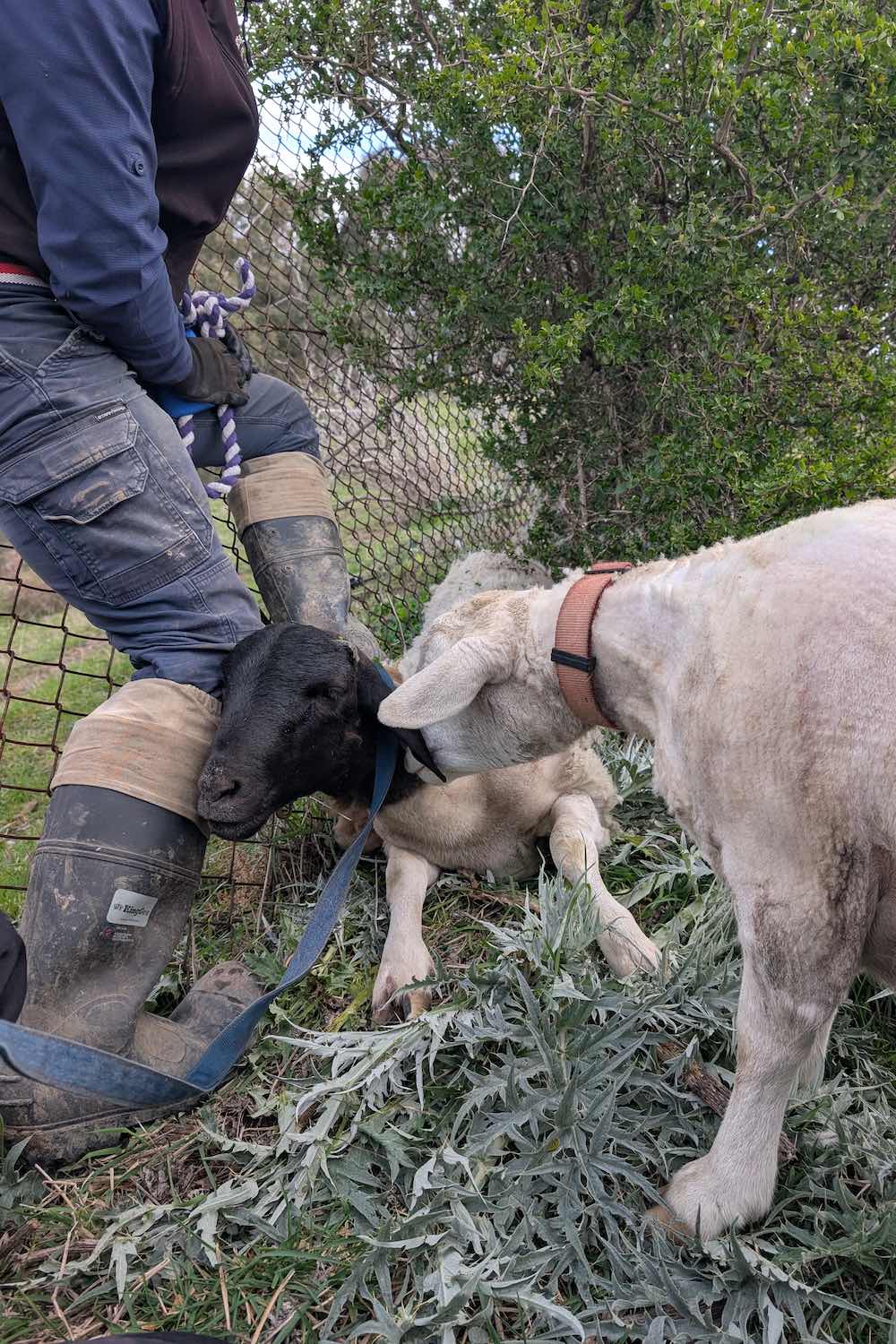
At sanctuary, Sherm was terrified of his new world. Escape routes were gone as kangaroos had vanished, but kindness remained. And in the inimitable Cecil S. Southdown, an older, steady sheep, Sherm found his anchor. It was as if, at last, a locked door was opened. He sighed and he softened as he inched closer to Cecil. And for the first time in a long time, Sherm felt sanctuary.
Music too reached him as it does the weary and the wounded. When harpist Vimukti played, Sherm moved closer, sank into the soft, golden straw and sighed again.
Sherman is still learning and still finding trust, but his life will never again be ruled by fear or flight. Because somewhere between his past and his future, between stimulus and response, we chose.
And in that choice, Sherman found freedom.








